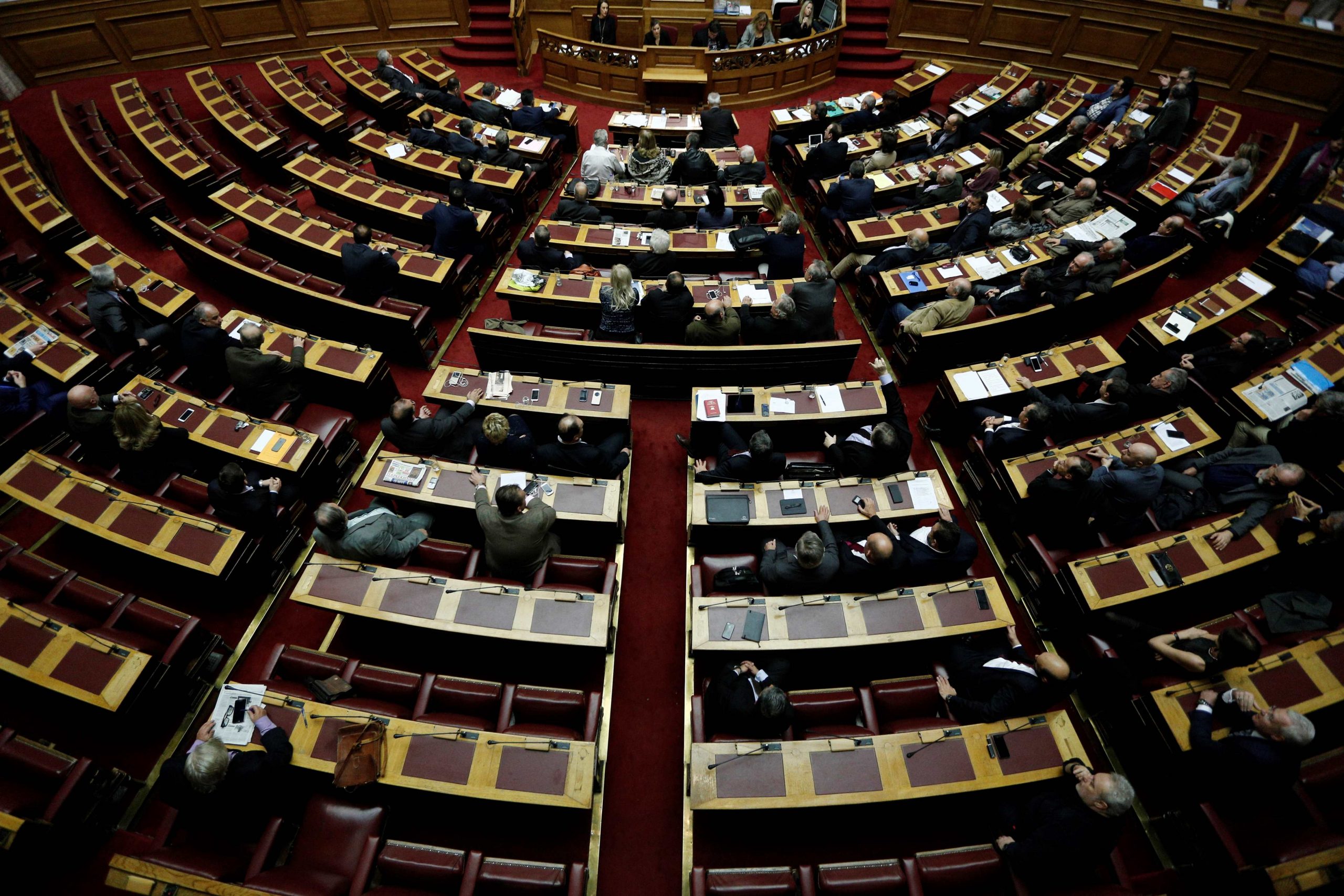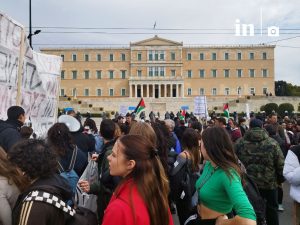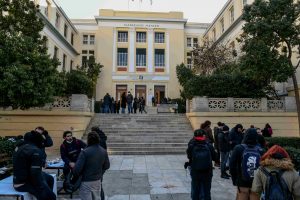Legislation finally allowing the possibility of recognition by the Greek state of non-state higher education institutions established and operating in the country, possibly the most radical reform – by Greek standards – initiated since center-right New Democracy (ND) party returned to power in 2019, will be tabled and voted on before the end of February.
Greek Prime Minister Kyriakos Mitsotakis himself made the announcement during a wide-ranging interview on Tuesday morning on an Athens-area radio current affairs program.
Mitsotakis directly fielded questions related to a wave of “sit-ins” and occupations of university facilities around the country, but mostly in the greater Athens area, by militant student groups affiliated with leftist parties and by self-styled anarchists opposing any prospect of recognition of non-state, non-profit universities operating in Greece. The sit-ins and related protests threaten to scupper the end-of-semester exams at affected schools and faculties.
Moreover, he said such protests are “illegal acts…they cannot be tolerated as something customary; they do not reflect the real will of (university) students, and rectors have a responsibility to notify about such illegal acts so police can intervene where necessary and can evacuate such squats… It’s as if 10 people gathered here (in the radio studio) today and voted to rob the local grocery store around the corner. It’s illegal,” he stressed.
Although highly contentious, the draft bill is expected to be ratified, either with only deputies of ruling ND voting in favor, or with an extended majority through the votes of lesser opposition party deputies.
In a bid to allay fears that the initiative will be detrimental to public universities and colleges in the country, he said out of 200 articles in the pending draft bill, some 170 will refer to the former, and only 30 touching on the operation of non-state, non-profit higher education institutions.
He said the reforms envisioned in the legislation will also be beneficial for the country’s public universities and colleges, allowing a liberalization of their operation, less bureaucracy and a greater ability to achieve more joint cooperation with foreign universities, as well as the prospect of attracting foreign tuition-paying students. As an example, he pointed to the English-language medical degree program already operating at the University of Thessaloniki.
In a related development, a council of rectors on Monday agreed with an education ministry proposal to hold end-of-semester exams online for schools plagued by “sit-ins” and squatters.
In a statement on Tuesday, Education Minister Kyriakos Pierrakakis said problems are reported at roughly one-third of higher education faculties and schools, with two-thirds of departments conducting classes and activities without hindrance.
Greece is among the few, if not the only western state where non-state, non-profit universities operating on its territory face a constitutional obstacle preventing their recognition.









